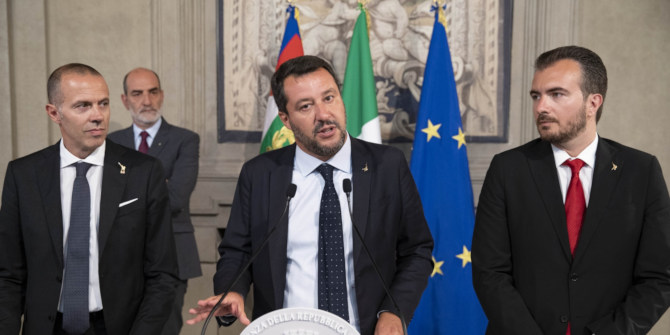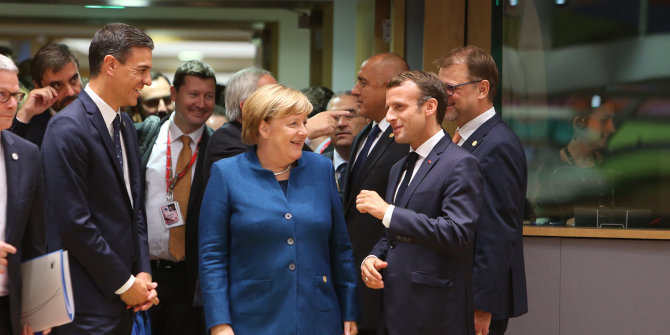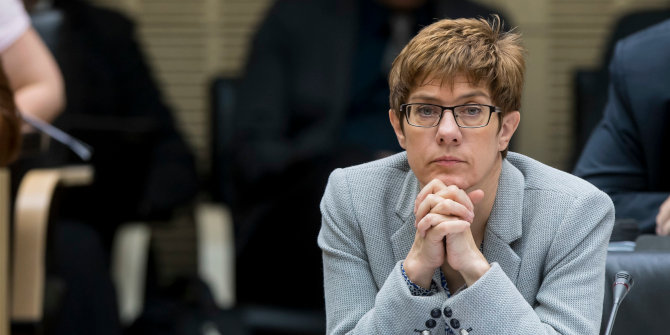Is there a viable future without capitalism? Drawing on a new book, Christian W. Chun examines the belief there is no alternative to capitalism and questions whether the capitalist system is really the best we can do.
In October 2021, the website Inequality.org posted that since the pandemic began spreading in the United States in March 2020, American billionaires’ wealth had increased by over 70 percent. They are now $2.1 trillion dollars richer, based on Forbes data analysed by Americans for Tax Fairness (ATF) and the Institute for Policy Studies Program on Inequality (IPS).
Meanwhile, unemployment rose dramatically following the outset of the pandemic, with more and more people becoming destitute around the world and many cities experiencing an increase in their homeless populations. For the billionaires who have become even richer and have recently treated themselves to traveling to the new exotic land of outer space, it is clearly ‘the best of times’, to borrow the phrase in Charles Dickens’ novel, A Tale of Two Cities. In addition, the pharmaceutical industry has reaped enormous profits from their Covid-19 vaccines while people across the world, particularly in so-called underdeveloped countries, have struggled to get vaccinated.
But for the many who have been unemployed, under-employed, homeless, or who have lost family members and friends to the virus because they couldn’t afford extravagant healthcare bills and private first-rate medical treatment, it has been ‘the worst of times’. When politicians use the word ‘healthy’ to describe the economy, we might therefore ask, ‘healthy for whom?’ This well explains why someone spray-painted on a wall in Chicago that ‘corona is the virus, capitalism is the pandemic.’
However, the system we call ‘capitalism’ has multiple meanings and hence different understandings. Is it the free market? The right to buy and sell? Is it part of, or rather, the embodiment of democracy because we are free to choose to do whatever job we want and go anywhere we can to find work?
It is true that, unlike in the past when people were enslaved or indentured, we can quit our jobs at any time under capitalism. Our employers are also free to fire most of us at will, too, without having to get the approval and consent of our fellow co-workers. But the fact that key decisions such as the level of wages, if and when we get a salary rise, and our amount of time off are usually dictated by one person at the head of a company does not sound very ‘democratic’.
We usually refer to the people who employ us as our ‘bosses’. Up until the mid-1800s, people who were labouring, be they enslaved, indentured, or not, referred to their employers as ‘masters’. David R. Roediger has documented how the term ‘master’ was gradually abandoned by white workers because they did not want to be seen as being in the same economic-social relational position as black people who were enslaved. In its place, white workers began using the Dutch word ‘baas’ which eventually gave us the word ‘boss’.
However, ‘baas’ in Dutch means master. By adopting a different word from another language with the same meaning, white workers were attempting to have their economic and social relations with their employers be redefined in relation to black workers. By calling them ‘boss’ instead of ‘master’, this different word choice and usage by white workers gave them a false sense of superiority over their fellow workers of colour without improving their own working conditions and with their economic and social relations remaining intact.
But even if we accept that capitalism is rooted in inequality, can we imagine a world without this socioeconomic system? Or is there, as Margaret Thatcher put it, no alternative? In a new book, I examine the persistence of the belief that there is no alternative to capitalism and that the system is really the best we can do.
One of the most curious aspects of capitalism is that there are many people who do not profit from the capitalist system, but nevertheless believe there is no alternative. This is despite many decades of counter-discourses focused on the exploitation of the work and lives of citizens in capitalist economies. In asking why these beliefs persist, I argue against the idea there is a one-directional determinist relationship between the economy and civil society. This theory, often referred to as the ‘base and superstructure’ model, neglects the way the economy and civil society (including culture, education, media, and religion) function as partners in crime in sustaining capitalist hegemony.
What is clear, is that no system lasts forever. Historical regimes have always fallen, withered away, and been overthrown. As Ursula Le Guin observed in her speech at the 2014 National Book Awards: ‘We live in capitalism. Its power seems inescapable. So did the divine right of kings. Any human power can be resisted and changed by human beings. Resistance and change often begin in art, and very often in our art, the art of words.’
For more information, see the author’s new book, A World without Capitalism? Alternative Discourses, Spaces, and Imaginaries (Routledge, 2022)
Note: This article gives the views of the author, not the position of EUROPP – European Politics and Policy or the London School of Economics. Featured image credit: CHUTTERSNAP on Unsplash






Excellent — can’t wait to read the book!!!
thanks, Peter! Let me know what you think after reading the book!
Very interesting analysis. It is not on an increase in income and wealth inequality over the past decades but also the increasing concentration of capital taking place. Raja